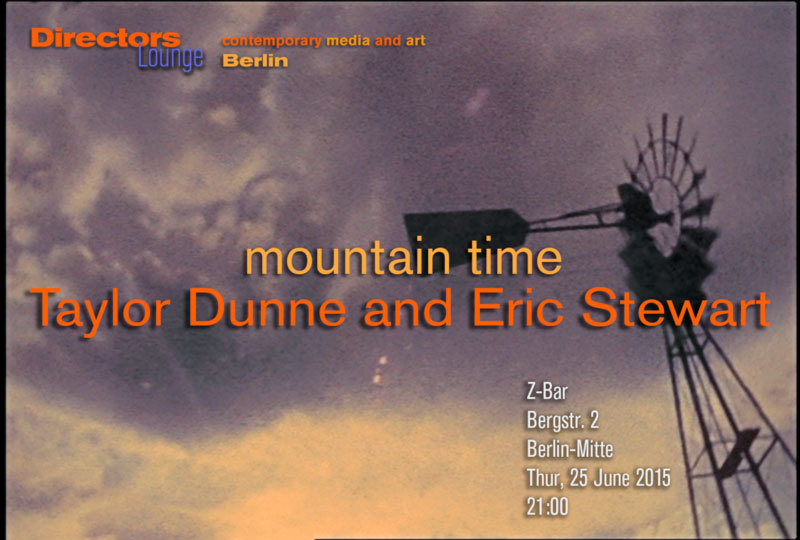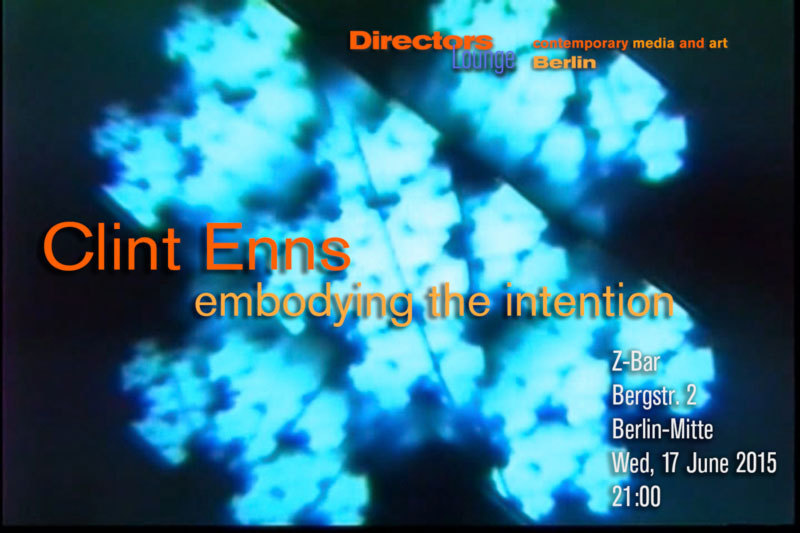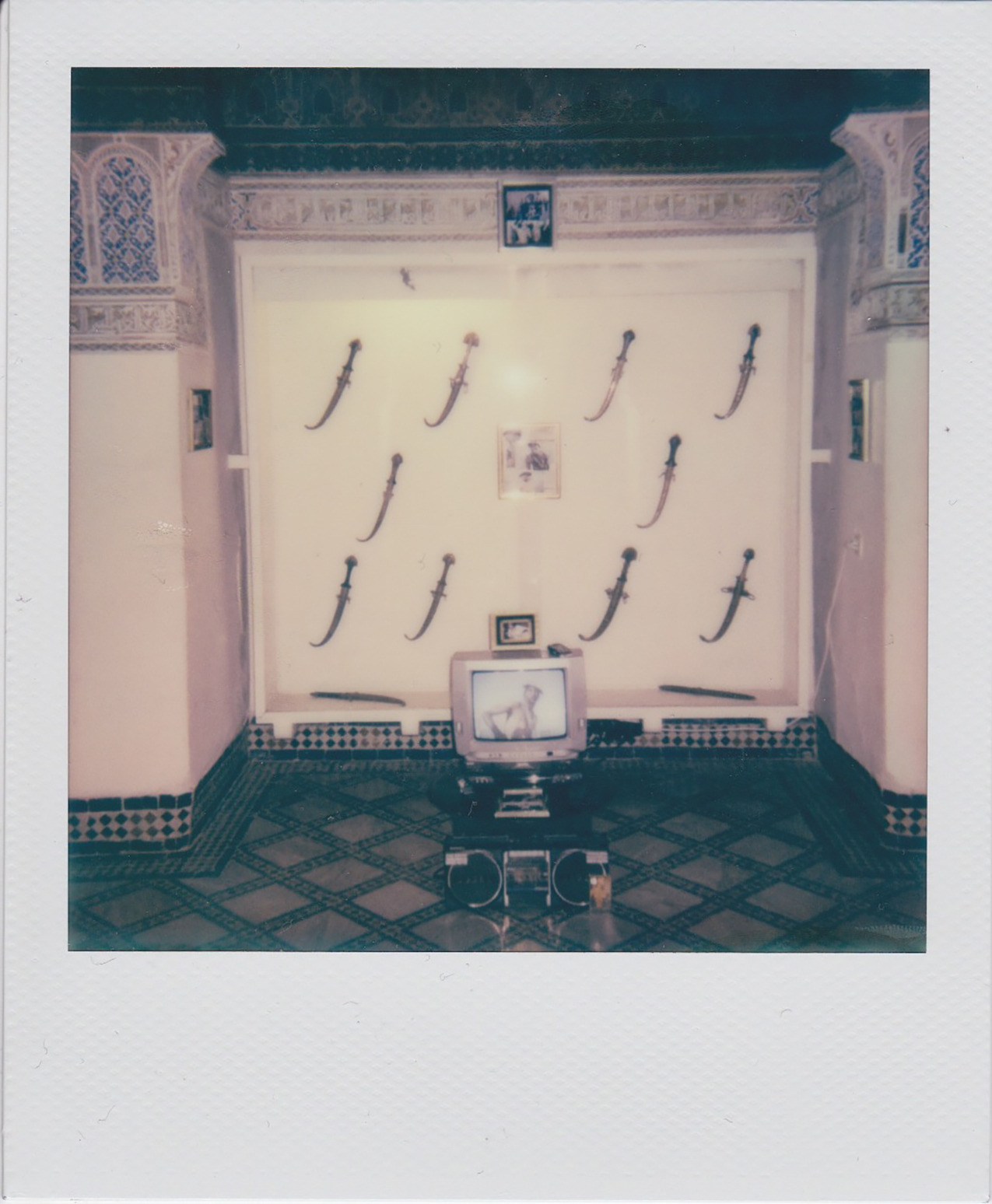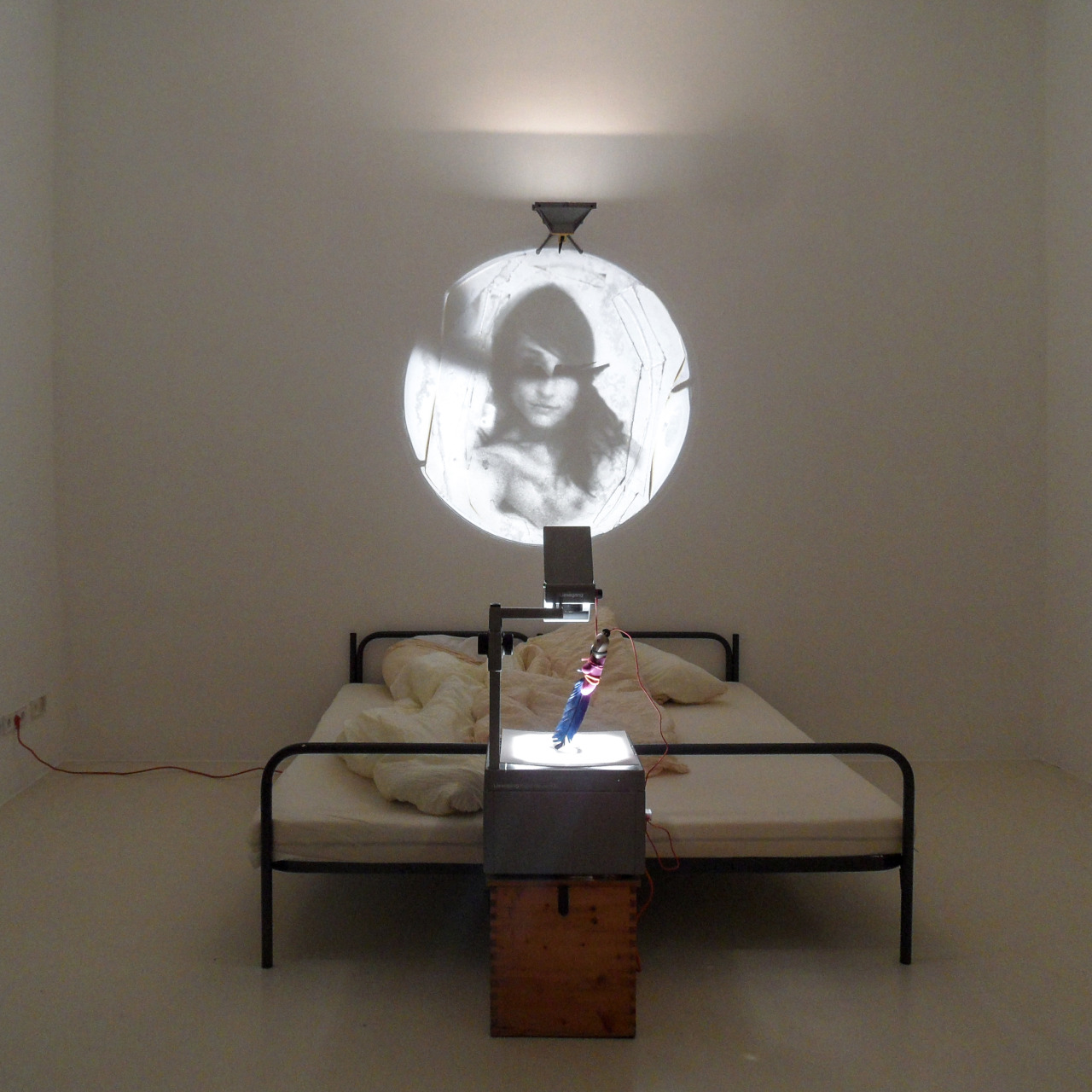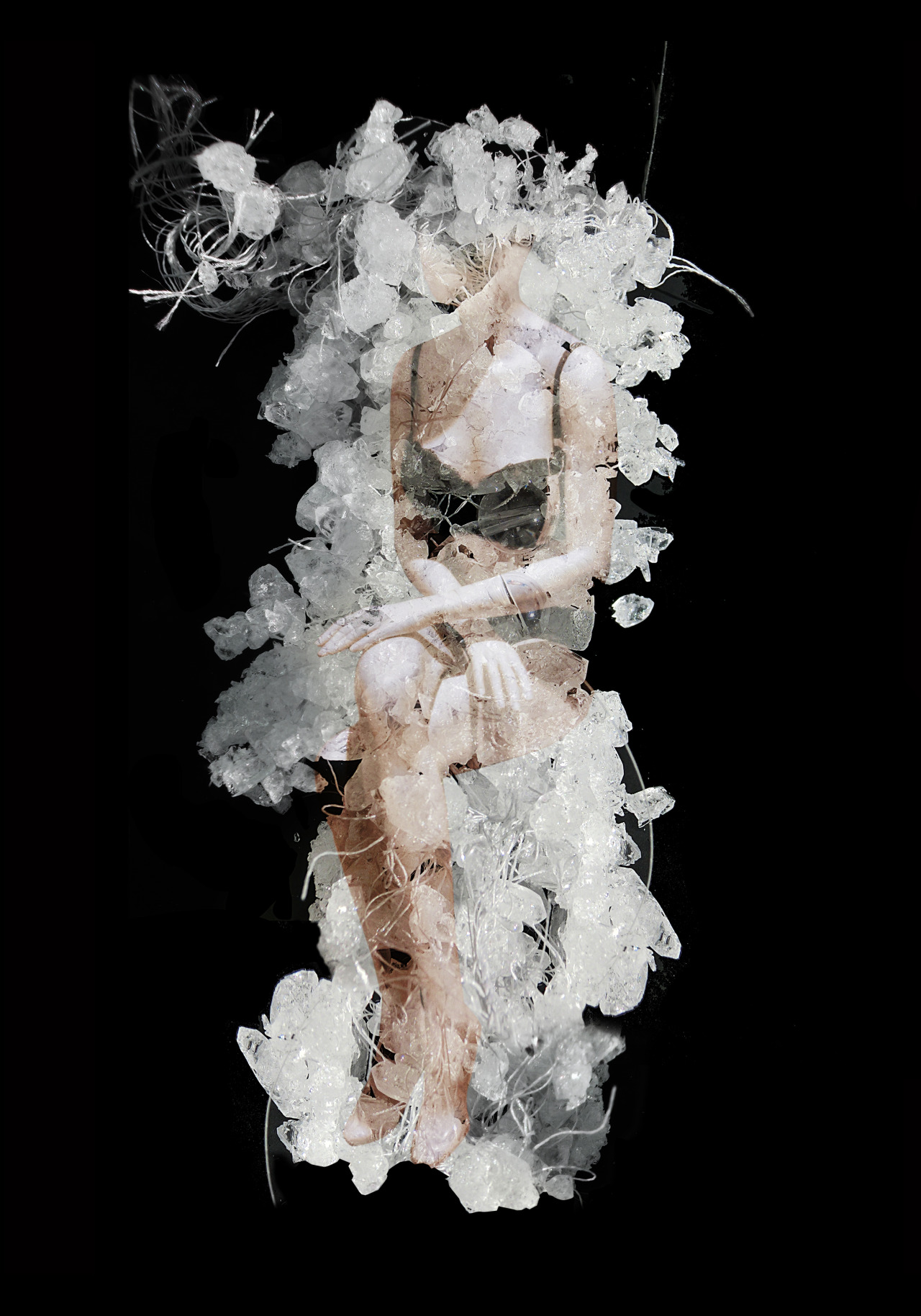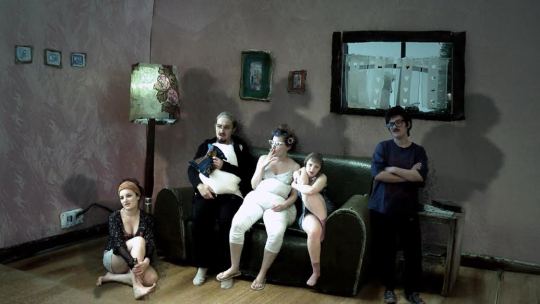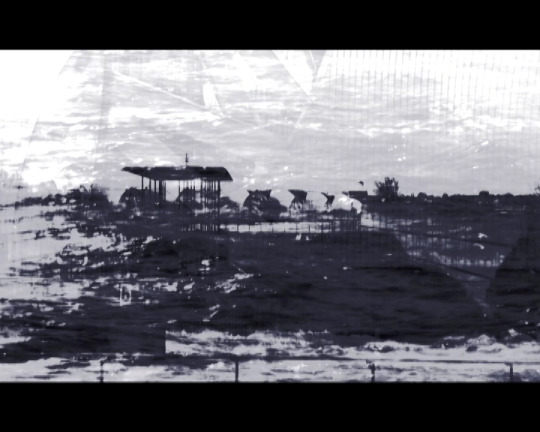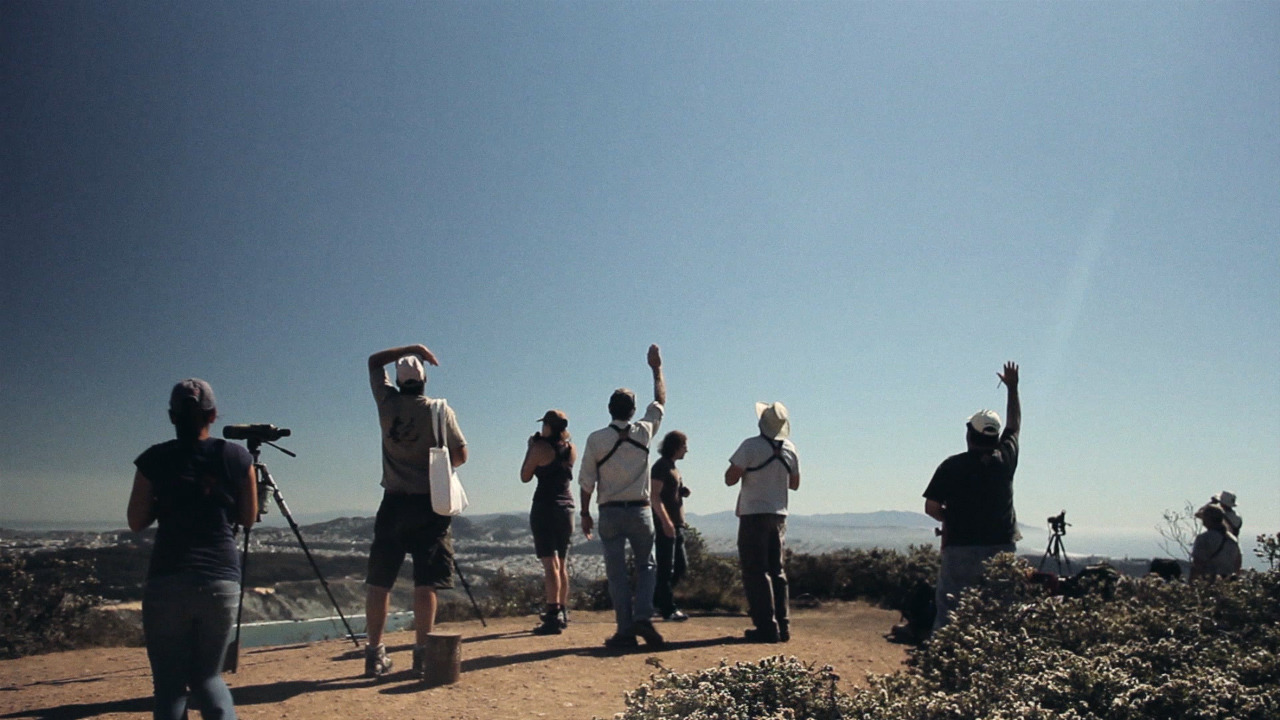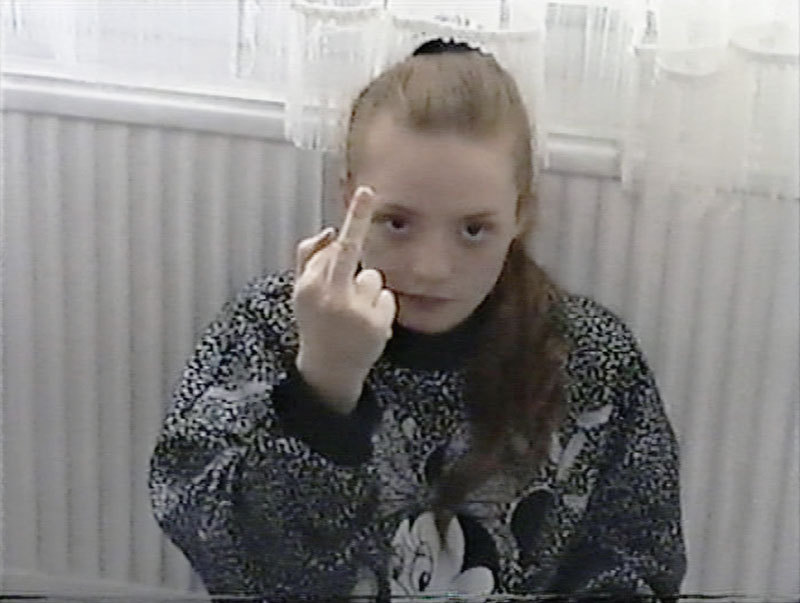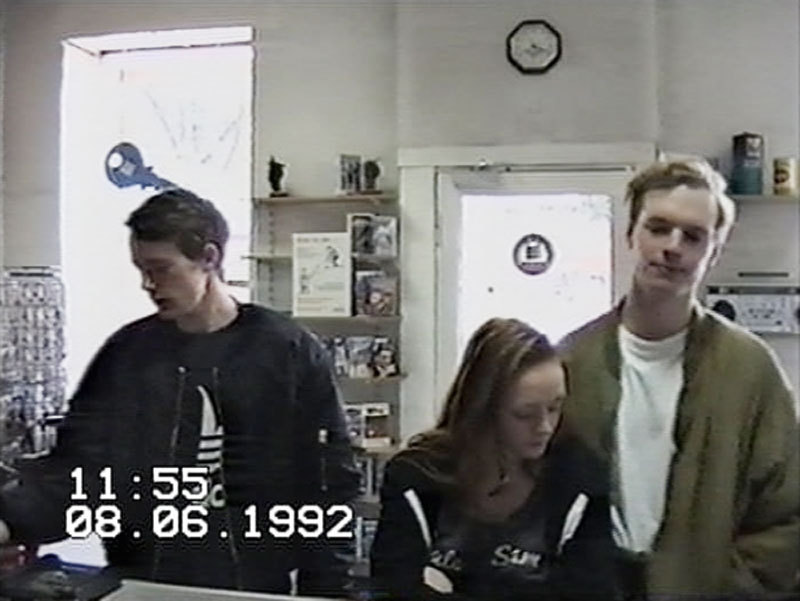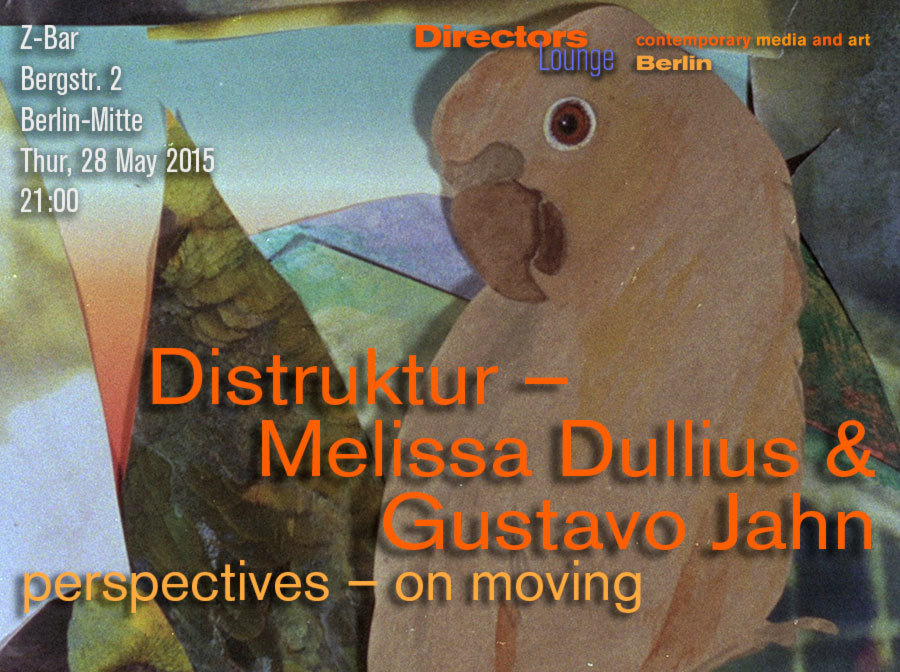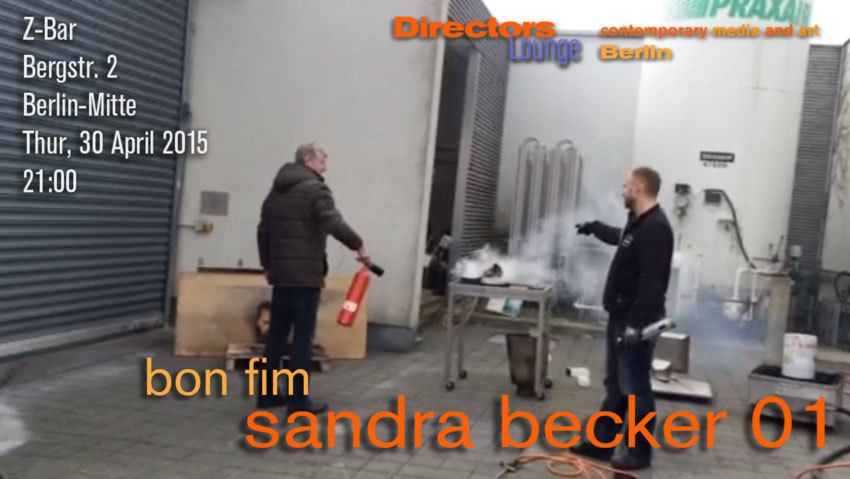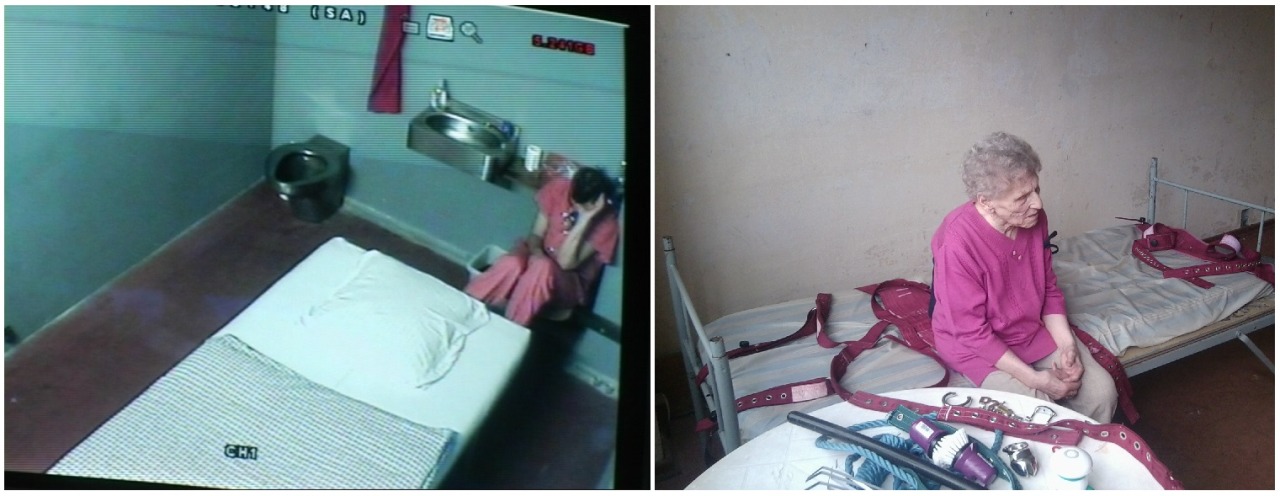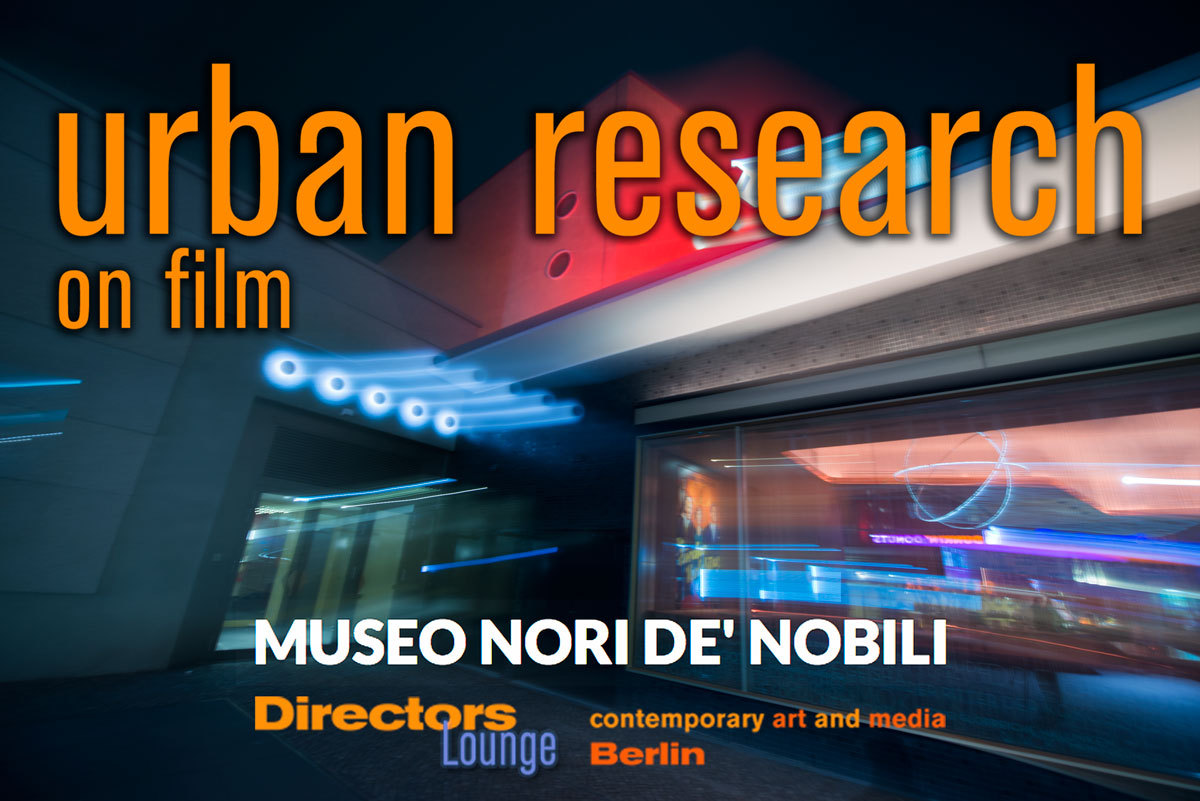
urban research selection
Friday, July the 31st at 9pm
Villino Romualdo — Nori De’ Nobili Museum — Piazza Leopardi, 32 Ripe di Trecastelli, Italy
Ph. +39. 071. 7957851
museonoridenobili@gmail.com
Directors Lounge Berlin
Friday, July the 31st at 9pm at Villino Romualdo in Ripe Trecastelli will be held the final evening of Trecastelli Cinema sotto le Stelle. The first edition of Trecastelli cinema summer festival held for four evenings during the month of July contemporary movies to Trecastelli public spaces. The fifth and final night will host Klaus W. Eisenlohr, one of the Directors Lounge Berlin Festival directors. On this occasion he is presenting a series of short films from around the world that offer hypothetical visions of future cities, movements and developments that take their expression in public spaces, studies of urban spaces and metaphorical images that deal with urban issues.
The mix of documentaries and experimental styles complement each other to create a diversity of ideas that revolve around the theme of urban life.
Urban Research was founded in 2006 and focuses on the exploration of public space, the relationship of urban living conditions and interventions in urban areas made by filmmakers and international video artists who use experimental, documentary, abstract and fictitious techniques.
http://www.museonoridenobili.it/directors-lounge-berlin/
http://urban-research.eu/DL2014/framesUR-MuseoNoriDeNobili.html

